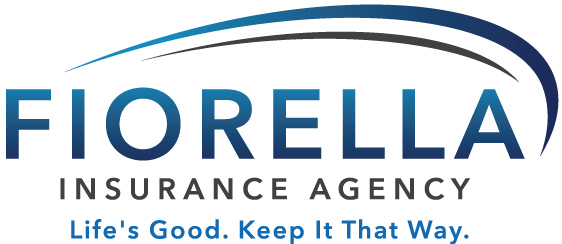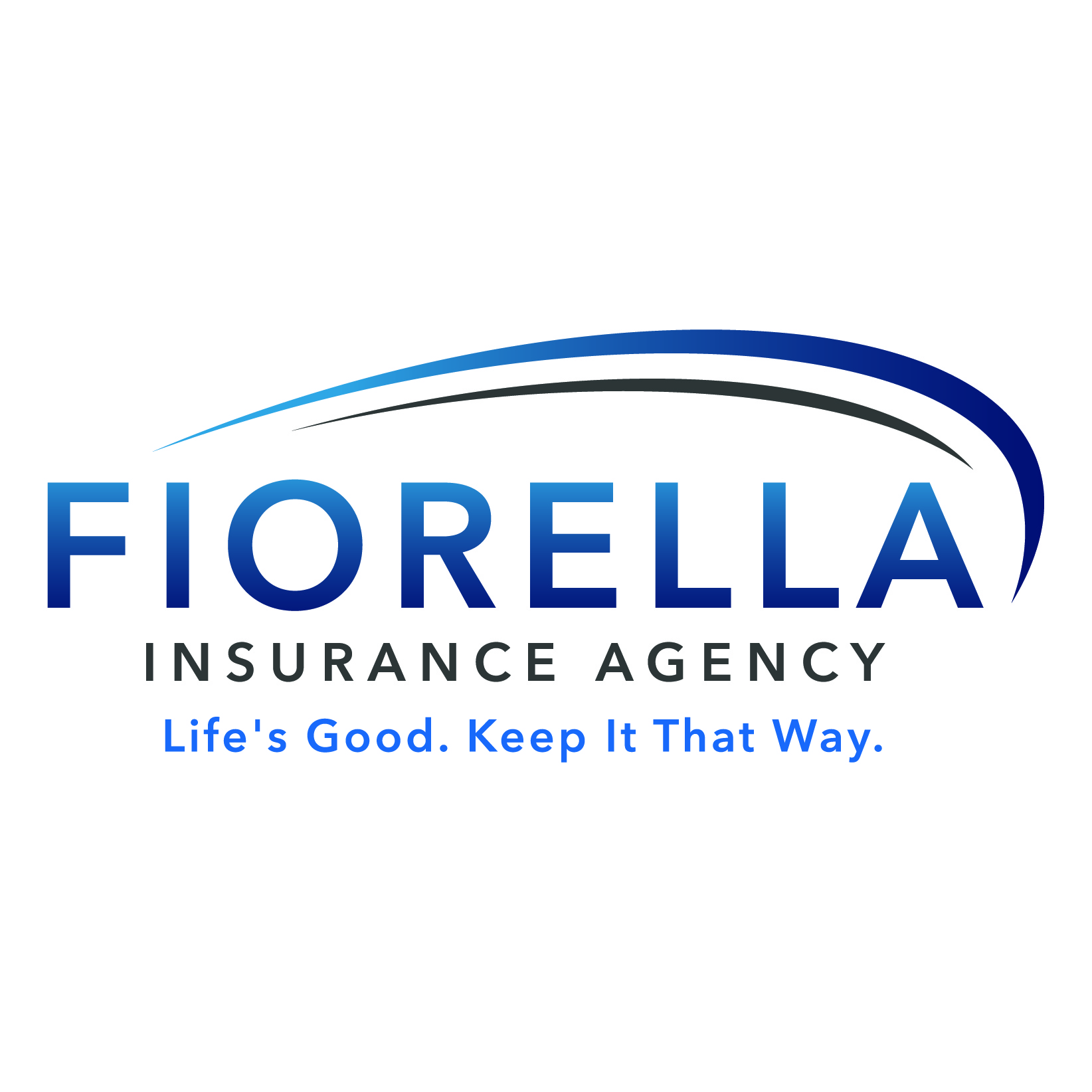Securing affordable health insurance can be a challenging undertaking for many households and individuals. With a multitude of choices, it is critical to grasp the disparities between group and individual policies as well as alternative low-price options. In this comprehensive guide, we will examine the different facets of health insurance coverage to assist you in making a well-informed decision.
We’ll delve into factors affecting group health insurance costs and weigh the pros and cons of choosing a group plan. Additionally, we will discuss determining factors for individual policy costs along with their advantages and disadvantages.
Furthermore, our comparison of group coverage versus individual health insurance cost will aid in assessing total healthcare expenses including premiums & out-of-pocket expenditures while identifying key differences based on unique personal requirements/preferences. We’ll also examine the role of Health Reimbursement Arrangements (HRAs), understanding how they work, their benefits, eligibility criteria & their impact on both types of plans.
Lastly, we’ll present budget-friendly options for obtaining affordable health insurance coverage by exploring alternative solutions suitable based on your personal circumstances and requirements.
Table of Contents
- Affordable Health Insurance
- Individual Health Insurance Costs
- The Role of Health Reimbursement Arrangements (HRAs)
- Budget-Friendly Options for Health Insurance Coverage
- Conclusion
Affordable Health Insurance
Health insurance is a crucial aspect of maintaining your well-being, but it can be expensive. Fortunately, there are options available to help you find affordable health insurance coverage.
-
Save
Factors affecting health insurance costs
- Age: Generally, younger individuals have lower premiums than older individuals.
- Location: The cost of healthcare can vary depending on where you live.
- Income: You may be eligible for financial assistance through the Affordable Care Act or Medicaid expansion if you have a low income.
Pros and cons of different health insurance options
When choosing a health insurance plan, it’s important to consider your specific needs and budget. Here are some options to consider:- Employer-sponsored plans: Nearly 50% of Americans rely on employer-selected group health plans for insurance coverage. These plans often provide comprehensive benefits and lower premiums due to the risk being spread across a larger pool of individuals. Still, these plans may not always be the most economical choice for an individual’s particular requirements.
- Individual plans: Purchasing individual health insurance coverage can provide more flexibility in customizing coverage options. However, premiums can be higher than group plans, and there may be restrictions on provider networks.
- Affordable Care Act: The Affordable Care Act (ACA) provides financial assistance to individuals and families with low to moderate incomes. You can purchase insurance through the ACA marketplace and may be eligible for subsidies to help lower your monthly premiums.
- Medicaid expansion: Medicaid is a government-funded program that provides health insurance to individuals and families with low incomes. The Medicaid expansion under the ACA has increased eligibility for this program in many states.
Take charge of your health with affordable insurance options. Consider factors like age, location & income to find the best plan for you. #HealthInsurance #AffordableCareAct Click to Tweet
Individual Health Insurance Costs
Many Americans purchase their own individual health insurance policies when employer-sponsored options are unavailable or unsuitable. While these policies can offer more flexibility in terms of provider choice and tailored coverage, they may come with higher premiums as the insurer takes on greater risk by covering one person rather than a large group.Determining Factors for Individual Policy Costs
- Age: Older individuals typically have higher premiums due to increased health risks associated with age.
- Tobacco use: Smokers generally pay more for insurance because of the potential for tobacco-related illnesses.
- Familial status: Coverage for dependents, such as children or spouses, will increase premium costs.
- Premium tax credits: Eligible individuals can receive financial assistance through the ACA marketplace to help lower monthly premium expenses. This is based on income level and household size.
Advantages and Disadvantages of Selecting an Individual Plan
Choosing an individual health insurance plan can be beneficial, as it allows you to select a policy that best suits your needs and preferences rather than being limited by what is offered by employers. However, some downsides include potentially higher out-of-pocket expenses if not eligible for subsidies/tax credits under ACA marketplace plans; possible limitations on provider networks; and the responsibility of managing your own policy, including renewals and claims processing. Exploring individual health insurance can be perplexing, yet with attentive examination and preparation it is achievable to locate a policy that suits your requirements. Examining the differences between group and individual plans can aid in ascertaining overall healthcare expenditures, enabling one to make an informed choice for themselves or their family.Comparing Group Coverage vs. Individual Health Insurance Cost
When comparing group coverage versus individual health insurance costs, it is important to consider various factors that will impact overall healthcare expenses incurred by each type respectively. To make an informed decision, you should assess the following aspects:- Premium rates: Group plans often have lower premiums due to the risk being spread across a larger pool of individuals. However, if you qualify for subsidies or tax credits under the Affordable Care Act (ACA), purchasing an individual plan through the marketplace may be more cost-effective.
- Deductibles and out-of-pocket maximums: Compare both types of plans based on their deductibles and out-of-pocket maximums. While group policies typically offer lower deductibles, they might also come with higher out-of-pocket limits compared to some individual policies.
- Copayments/coinsurance amounts: Assess how much you would pay for copayments or coinsurance under each plan type as these can significantly affect your total healthcare expenses.
- Network restrictions or limitations (HMO/PPO): Consider whether a group policy’s network limitations align with your preferred providers or if an individual plan offering greater flexibility in provider choice better suits your needs.
- Your annual income level eligibility for subsidies/tax credits: If eligible for financial assistance through ACA marketplace plans, this could tip the scales in favor of selecting an individual policy over a group one. Check your eligibility using this helpful resource from Healthcare.gov: “How We Lower Your Costs“.
The Role of Health Reimbursement Arrangements (HRAs)
Depending on your annual income level and whether your employer offers a health reimbursement arrangement (HRA), you can save money on your healthcare costs. HRAs allow employers to offer monthly allowances that employees can use towards eligible medical expenses not fully covered by their existing insurance policies or even opt for purchasing an appropriate individual policy instead, potentially reducing overall expenditure incurred on healthcare services.Understanding How HRAs Work and Their Benefits
- Employers fund the HRA account with tax-free contributions.
- Employees can use the HRA monies to pay for accepted healthcare outlays, like copayments, deductibles and medicines.
- Funds in an HRA roll over from year to year if unused, providing long-term savings potential.
- An HRA may be used alongside other health insurance plans like group coverage or individual policies purchased through the Affordable Care Act’s (ACA) marketplace.
Evaluating HRA Eligibility and Its Impact on Group vs. Individual Plan Costs
To determine whether an HRA is right for you and how it affects your choice between group coverage versus individual health insurance cost:- Check with your employer about offering an HRA option as part of their employee benefits package.
- Determine which types of medical expenses are eligible under the specific terms of the offered arrangement – this information should be available in the Summary Plan Description provided by your employer or directly from them upon request.
- Compare the potential savings from an HRA with those of your current or prospective health insurance plan, considering factors such as premiums, deductibles, and out-of-pocket maximums to determine if incorporating HRAs into your healthcare planning could lead to significant cost savings while still providing comprehensive coverage.
Key Takeaway: Employers can offer Health Reimbursement Arrangements (HRAs) to employees, which provide tax-free contributions that can be used for qualified medical expenses. HRAs allow for potential cost savings on healthcare services and may be used alongside other health insurance plans like group coverage or individual policies purchased through the Affordable Care Act’s marketplace. It is important to evaluate eligibility and compare potential savings when considering incorporating an HRA into your healthcare planning.
Budget-Friendly Options for Health Insurance Coverage
For those seeking more affordable health insurance options, exploring alternatives such as short-term plans, catastrophic coverage, or high-deductible health plans (HDHPs) combined with a Health Savings Account (HSA) may prove beneficial in terms of cost savings while still providing adequate protection against unexpected medical expenses depending upon specific needs/preferences of each individual/family member concerned.Exploring Alternative Low-Cost Health Insurance Options
- Short-term plans: These temporary policies provide limited coverage for a specified duration and can be an ideal solution during transitional periods. However, they do not cover pre-existing conditions and are not compliant with the Affordable Care Act (ACA) requirements.
- Catastrophic coverage: Designed primarily for young adults under 30 years old or individuals who qualify due to financial hardship, these policies offer low premiums but come with high deductibles. They typically cover essential health benefits like hospitalization and emergency services but require significant out-of-pocket costs before the plan starts paying.
- High-Deductible Health Plans (HDHPs): Offering lower monthly premiums compared to traditional plans, HDHPs have higher annual deductibles that must be met before most services are covered. Combining an HDHP with an HSA allows tax-free contributions towards healthcare expenses that accumulate over time if unused.
Assessing Suitability Based on Personal Circumstances and Requirements
When considering these budget-friendly options, it is crucial to evaluate your personal healthcare needs and financial situation. Factors such as the frequency of medical visits, potential out-of-pocket costs for services not covered by insurance, and eligibility for subsidies or tax credits under ACA marketplace plans should be taken into account before making a decision.Take charge of your healthcare costs with budget-friendly options like short-term plans, catastrophic coverage, and HDHPs. Explore alternatives for affordable health insurance today. #Obamacare #HealthcareCoverage #BudgetFriendlyOptions Click to Tweet
Conclusion
With the implementation of the Affordable Care Act, health care has become more accessible to millions of Americans. The act has expanded Medicaid coverage to low-income individuals and families, making it easier for them to access affordable health insurance. It is important to assess total healthcare expenses, including premiums and out-of-pocket expenditures when comparing group vs individual coverage to make an informed decision about choosing the right plan for you.Contact Fiorella Insurance today for your free health insurance quote.



